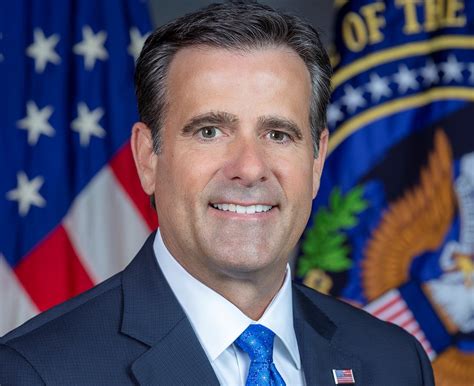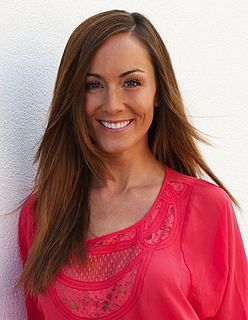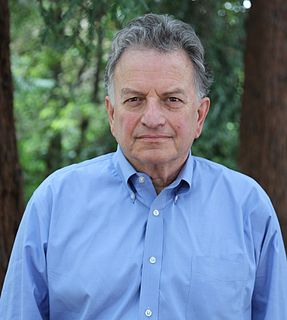A Quote by Michael Hastings
Usually when reporting on powerful public figures, the press advisor and I would have had a conversation that established what journalists call 'ground rules,' placing restrictions on what can and cannot be reported.
Related Quotes
A free press is one where it's okay to state the conclusion you're led to by the evidence. One reason I'm in hot water is because my colleagues and I at NOW didn't play by the conventional rules of Beltway journalism. Those rules divide the world into Democrats and Republicans, liberals and conservatives, and allow journalists to pretend they have done their job if instead of reporting the truth behind the news, they merely give each side an opportunity to spin the news.
The US is often the first to call for transparency and integrity in the reporting of other governments. It has never provided transparency or integrity in its reporting on the war in Iraq. It has downplayed the growth of the insurgency and other civil conflicts. It exaggerated progress in the development of Iraqi forces, and has reported meaningless macroecomic figures claiming 'progress' in the face of steadily deteriorating economic conditions for most Iraqis outside the Kurdish security zone, and does so in the face of almost incredible incompetence by USAID and the Corps of Engineers.
Starting my carrer, I had three rules. I called a press conference and said: you can't kill me in a movie; I win all my fights in a movie; I get the girl at the end of the movie if I want her. They weren't about to hear that, and I knew that I would have to do that myself, but I set the public up and set the press up letting them know what I was going to do: continuing to sell the brand and image that I had.
I want to help clean up the state that is so sorry today of journalism, and I have a communications degree. I studied journalism -- who, what, where, when, and why -- of reporting. I will speak to reporters who still understand that cornerstone of our democracy, that expectation that the public has for truth to be reported. And then we get to decide our own opinion based on the facts reported to us.
The trouble is that privacy is at once essential to, and in tension with, both freedom and security. A cabinet minister who keeps his mistress in satin sheets at the French taxpayer's expense cannot justly object when the press exposes his misuse of public funds. Our freedom to scrutinise the conduct of public figures trumps that minister's claim to privacy. The question is: where and how do we draw the line between a genuine public interest and that which is merely what interests the public?
I used to get great press. I get the worst press. I get such dishonest reporting with the media. I've never had anything like it before. It happened during the primaries, and I said, you know, when I won, I said, "Well the one thing good is now I'll get good press." And it got worse. So that was one thing that a little bit of a surprise to me. I thought the press would become better, and it actually, in my opinion, got more nasty.
Our Republic and its press will rise or fall together," Pulitzer wrote. "An able, disinterested, public-spirited press, with trained intelligence to know the right and courage to do it, can preserve that public virtue without which popular government is a sham and a mockery. A cynical, mercenary, demagogic press will produce in time a people as base as itself. The power to mould the future of the Republic will be in the hands of the journalists of future generations.
Distinguish between the work and the job title. When I was leaving school in the early 1970s, many people wanted to be journalists, carrying out investigative reporting for print newspapers. Print newspapers may not exist in twenty years. But good thinking and good writing about issues that need to be reported and investigated will always be needed; but where this happens, what it is called, and who pays for it may be quite different than could have been envisioned by the great journalists of the past.
If I am traitor, who did I betray? I gave all my information to the American public, to American journalists who are reporting on American issues. If they see that as treason, I think people really need to consider who they think they're working for. The public is supposed to be their boss, not their enemy.

































